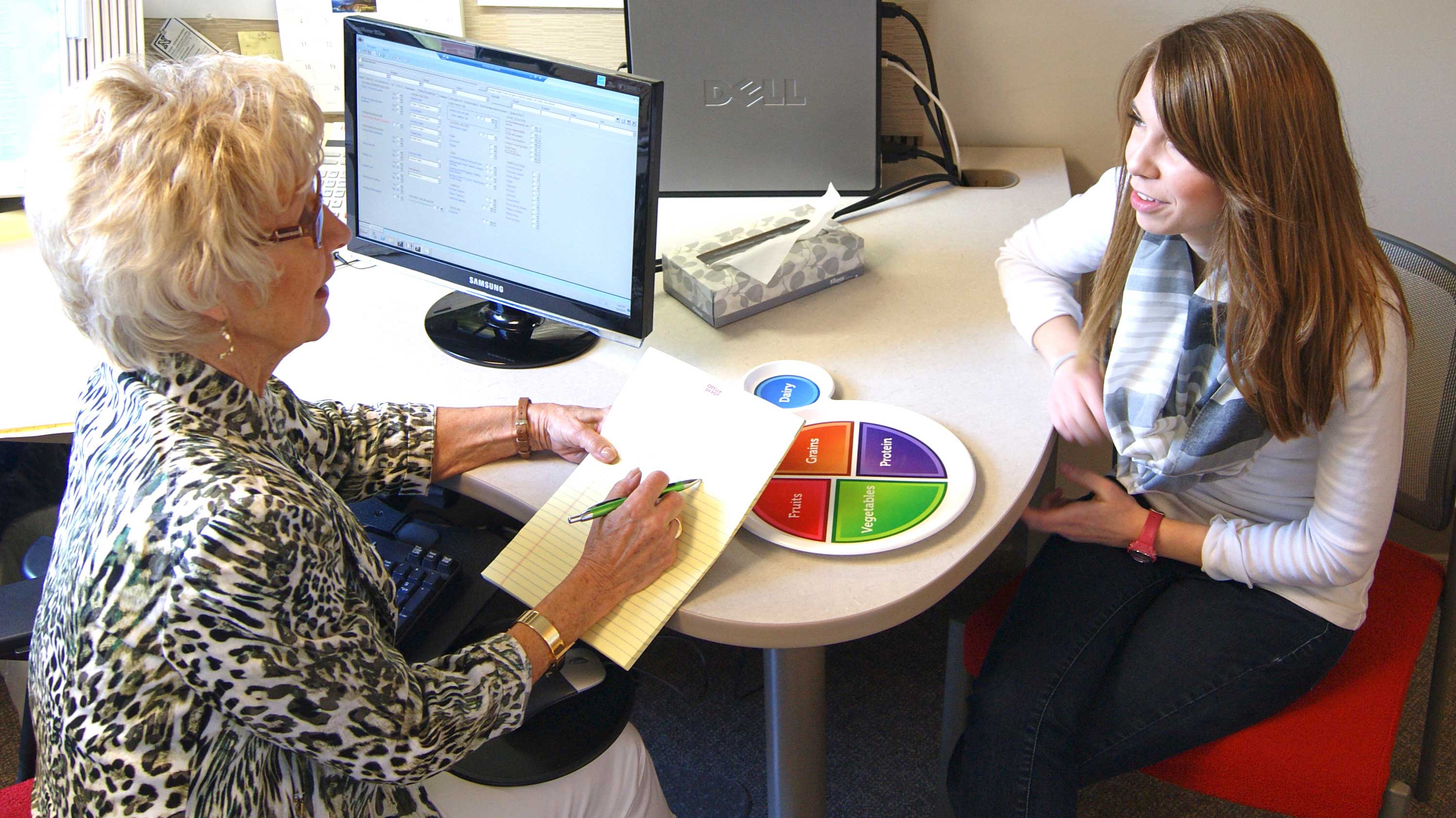
Archived Story: This article is part of our newsletter archives. It has
been preserved for reference, but the information may no longer be current.
College students need to develop the ability to apply problem-solving skills when faced with problems that are new to them. Problem-solving skills are vital for students’ academic and professional success. Employers often identify problem solving as being the most important skill they look for in potential employees.
You can help your student strengthen their problem-solving skills. When your student calls you for help, walk them through the following problem-solving process:
- Have your student explain the problem. Don’t interrupt.
- Offer cues: ‘How can I be helpful? What do you think you should do? What options are you considering?’
- Help your student evaluate their choices, but don’t choose for them.
- If they still seem stuck, ask, ‘What do you imagine my advice would be?’
- Assure them with supportive words like ‘I think you can handle this.’ At the same time, let them know that ‘No matter what, I’m here for you.’
One problem many students encounter, especially around the end of the semester, is how to cope with academic stress. Parents can help by acknowledging signs of stress in their student and helping them understand their options for coping with and reducing stress, such as the following:
- Manage Time & Energy: For a college student, effective time management is vital to their academic success. Time management reduces stress, as students plan ahead and allot time appropriately to differing tasks. Good time management also promotes self-confidence as students experience success coping with the many demands on their time. If your student needs help determining how to manage their time, they can visit with an academic success coach through UNL’s First Year Experience program.
- Get Active: Regular physical activity can help the mind and body deal with stress. Research shows that getting regular exercise improves mood and reduces stress. At UNL’s Campus Rec, every student can find a physical activity they enjoy.
- Find 20 Minutes for ‘Me’ Time: Encourage your student to set aside at least 20 minutes each day to relax, take a walk, or enjoy a hobby. Research shows that having alone time improves our concentration, makes us more productive, and aids in problem solving.
- Hit the Sack: It’s been proven that getting enough sleep can help students get higher GPAs and reduce stress. Experts recommend college students get 7-9 hours of sleep per night.
- Choose Healthy Foods: Many students report an increased consumption of sugary and starchy foods (comfort foods) during periods of stress. This type of diet can interfere with their focus. Eating a healthy, balanced diet, while avoiding alcohol and caffeine before bed, are proactive steps towards emotional health. If your student wants to learn easy ways to eat healthier, the University Health Center offers every UNL student one free nutrition counseling session.
- Talk to Someone: Some students need additional help finding healthy ways to cope with stress. The counselors at the University Health Center’s Counseling and Psychological Services (CAPS) are here when your student needs someone to talk with, especially when stress is negatively impacting your student’s everyday life. Every UNL student receives 3 free counseling sessions. CAPS also offers a variety of support groups to help students work through their personal concerns while gaining insight.
More details at: http://go.unl.edu/0qr8